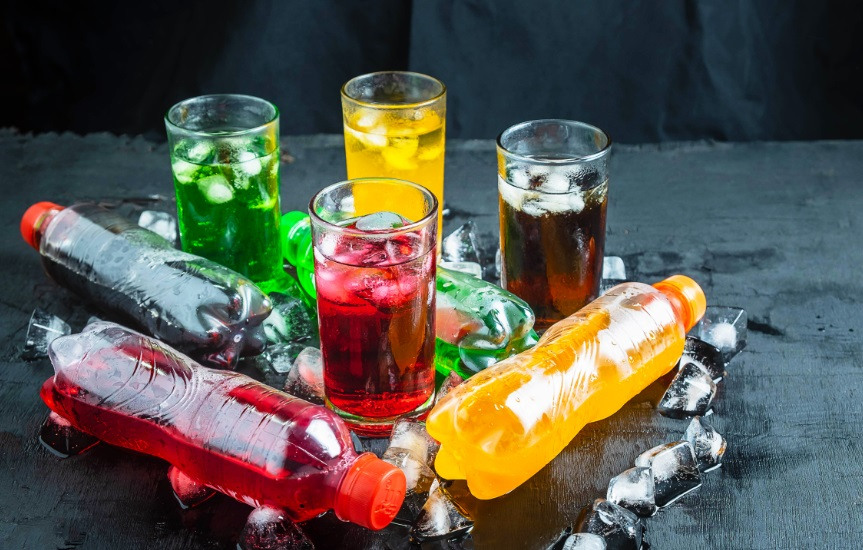Article
Sweetener classified as ‘possibly’ cancer-causing - but remains safe to consume
Posted on the 17th July 2023

A new study has confirmed that aspartame is a ‘possible carcinogen.’
However, the sweetener has been declared safe to consume at the current agreed rates, according to a new study by the World Health Organization (WHO).
The rulings are the outcome of two separate WHO expert panels, one of which flags whether there is any evidence that a substance is a potential hazard, while the other assesses how much of a real-life risk that substance poses.
Aspartame is found in diet and sugar-free versions of foods, as the chemical gives a taste 200 times sweeter than sugar with massively reduced calories. It can be found in over 6,000 products, including soft drinks, chewing gum, toothpaste and yoghurts.
However, despite being so widespread, the chemical's safety has been a source of controversy since it was introduced in the 1980s.
While the ‘possibly carcinogenic’ label often causes fear and confusion, it simply means the evidence is unconvincing and most people consume less than the safe upper limits of aspartame.
In a press conference before the announcement, the WHO’s head of nutrition, Francesco Branca, tried to help consumers make sense of the seemingly conflicting declarations, especially those who seek out artificial sweeteners to avoid sugar.
“If consumers are faced with the decision of whether to take cola with sweeteners or one with sugar, I think there should be a third option considered – which is to drink water instead,” Branca said.
Several scientists not associated with the reviews said the evidence linking aspartame to cancer is weak.
Meanwhile, food and beverage industry associations said the decisions showed aspartame was safe and a good option for people wanting to reduce sugar in their diets.
The WHO said that the existing consumption levels meant that a person weighing 60-70kg would have to drink more than 9-14 cans of soda daily to breach the limit, based on the average aspartame content in the beverages – about 10 times what most people consume.
Despite the reclassification, the organization has also confirmed it was 'definitely' not calling for producers or authorities to remove affected products from the market.
Earlier this year, the WHO said there was no evidence that sweeteners helped with weight control, which the industry has disputed.
Related: Plant-based diet could cut bowel cancer risk in men by 22 per cent

